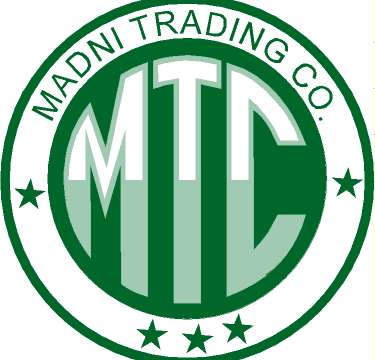CERAMICS INDUSTRY AND TALC
Ceramics Industry utilizes talc as a phyllosilicate which gives an extensive variety of capacities to floor and divider tiles, clean product, silverware, refractories and specialized pottery. All in all tiles and clean product making, it is utilized basically as a transition, empowering terminating temperatures and controlling liquefying focuses. In hard-headed applications, chlorite-rich talc is changed into cordierite to enhance warm stun opposition. For steatite pottery, smaller scale crystalline talc is the most proper. Amid terminating, talc is changed into enstatite, which has electro protecting properties, while low-press content powder are especially appropriate for utilized in both un coated and coat syntheses.
We here at Madni trading Co can give talc protuberances that are appropriate to be utilized as a crude material in all sort of this industry. Madni Trading Talc Lumps conveys its properties to every one of the three essential groups of uses: customary, obstinate and specialized pottery.
CERAMICS INDUSTRY AND BARITE
Barite is utilized in included esteem applications which incorporate filler in paint and plastics, sound decrease in motor compartments, layer of vehicle completes for smoothness and erosion opposition, grinding items for cars and trucks, radiation-protecting concrete, glass earthenware production and therapeutic applications (for instance, a barium dinner before a complexity CAT check). Barite is provided in an assortment of structures and the cost relies upon the measure of preparing; filler applications ordering higher costs following exceptional physical handling by crushing and micronising, and there are further premiums for whiteness and splendor and color.[9] It is likewise used to create other barium synthetic compounds, prominently barium carbonate which is utilized for the produce of LED glass for TV and PC screens (generally in cathode beam tubes); and for dielectrics.
CERAMICS INDUSTRY AND GYPSUM
Gypsum is a major crude material for assembling molds for ceramics industry, as it has various highlights that make it the best material for these employments.
The trademark porosity of the mortar permits speedy ingestion of a part of water present inside the mud, therefore supporting the thickening. High hardness makes it conceivable to make shape that can keep going for quite a while with various throwing cycles. Least grasp development permits the generation of articles with high dimensional reproducibility.
These highlights are gotten because of the likelihood of utilizing ALFA gypsum blended with shifting measures of BETA gypsum. Best outcomes are ensured by ceaseless observing of process parameters together with the strict quality controls performed on completed item.
